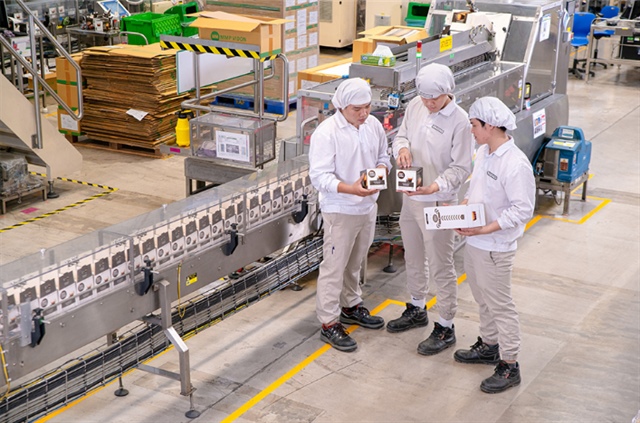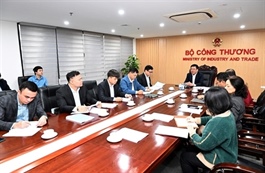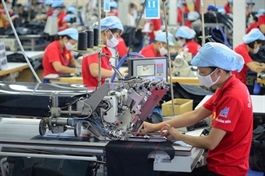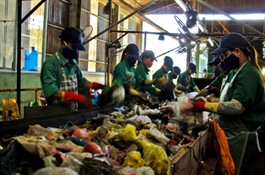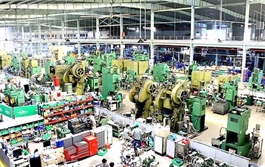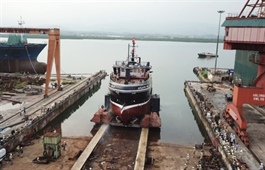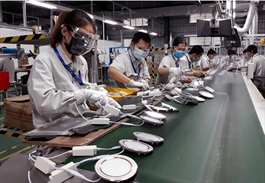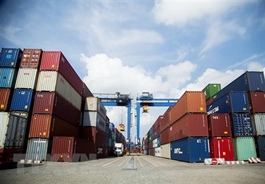Nestlé channels additional $100mn to expand production in Vietnam
Nestlé channels additional $100mn to expand production in Vietnam
Nestlé Vietnam announced early this week an additional US$100 million investment to increase the capacity of its Tri An coffee factory, nestled in Dong Nai Province, a neighbor of Ho Chi Minh City.
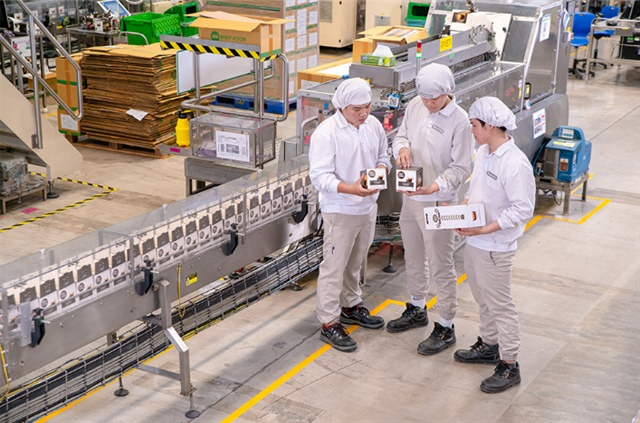
A production line of Nescafé Dolce Gusto coffee pods at the Nestlé Tri An factory in Dong Nai Province, southern Vietnam. Photo: Nestlé |
The investment raised Nestlé’s total investment in the factory to more than $500 million, the company said on its website.
The amount will help the firm meet the growing local and international demand for coffee, making Vietnam a high-value coffee production and supply center.
The Nestlé Tri An factory currently exports coffee products to some 29 countries across the world.
Nestlé as a whole is the largest coffee buyer in Vietnam, with annual purchases reaching up to $700 million.
The factory is a testament to Nestlé’s long-term investment commitment in Vietnam, saidn Binu Jacob, CEO of Nestlé Vietnam.
With the additional investment, the factory’s capacity will be doubled to meet the domestic consumption and export demand.
“Through this project, we also hope to create many job opportunities and continue to expand long-term investment activities in Vietnam, contributing to the country’s sustainable economic development and prosperity,” Jacob added.
|
|
| A Nestlé representative (first row, C) receives the certificate for the firm’s additional US$100 million investment in its factory in Dong Nai Province, southern Vietnam. Photo: Nestlé |
Sustainable coffee production is one of Nestlé's important directions in Vietnam.
In addition to investing in production technology, the Nestlé Tri An factory has used clean energy, specifically biomass energy, and applied the circular economy model to waste management and water resource conservation.
The factory can annually reduce over 14,000 metric tons of CO2 emissions during its coffee processing.
Its coffee grounds are reused as biomass raw materials, while wastewater from the coffee production process is recycled and reused in the boiler, helping the plant save more than 112,000 cubic meters of water per year.
With the aim of improving Vietnam’s coffee quality, Nestlé launched a sustainability program called Nescafé Plan in the Central Highlands in 2011.
The program has supported local farmers in transitioning to sustainable farming methods, rejuvenating coffee plots, and protecting water resources and biodiversity.
Nestlé has invested nearly $830 million in four factories and two distribution centers in Vietnam.
In Dong Nai Province alone, Nestlé is currently operating three factories, with Nestlé Tri An being one of the largest production facilities of the firm in the Southeast Asian country.


